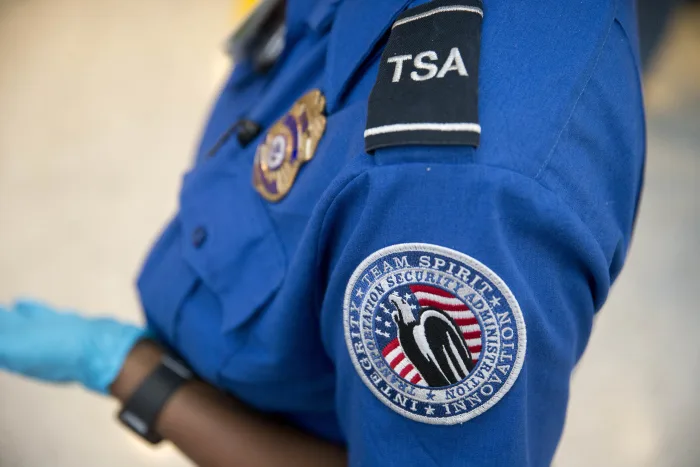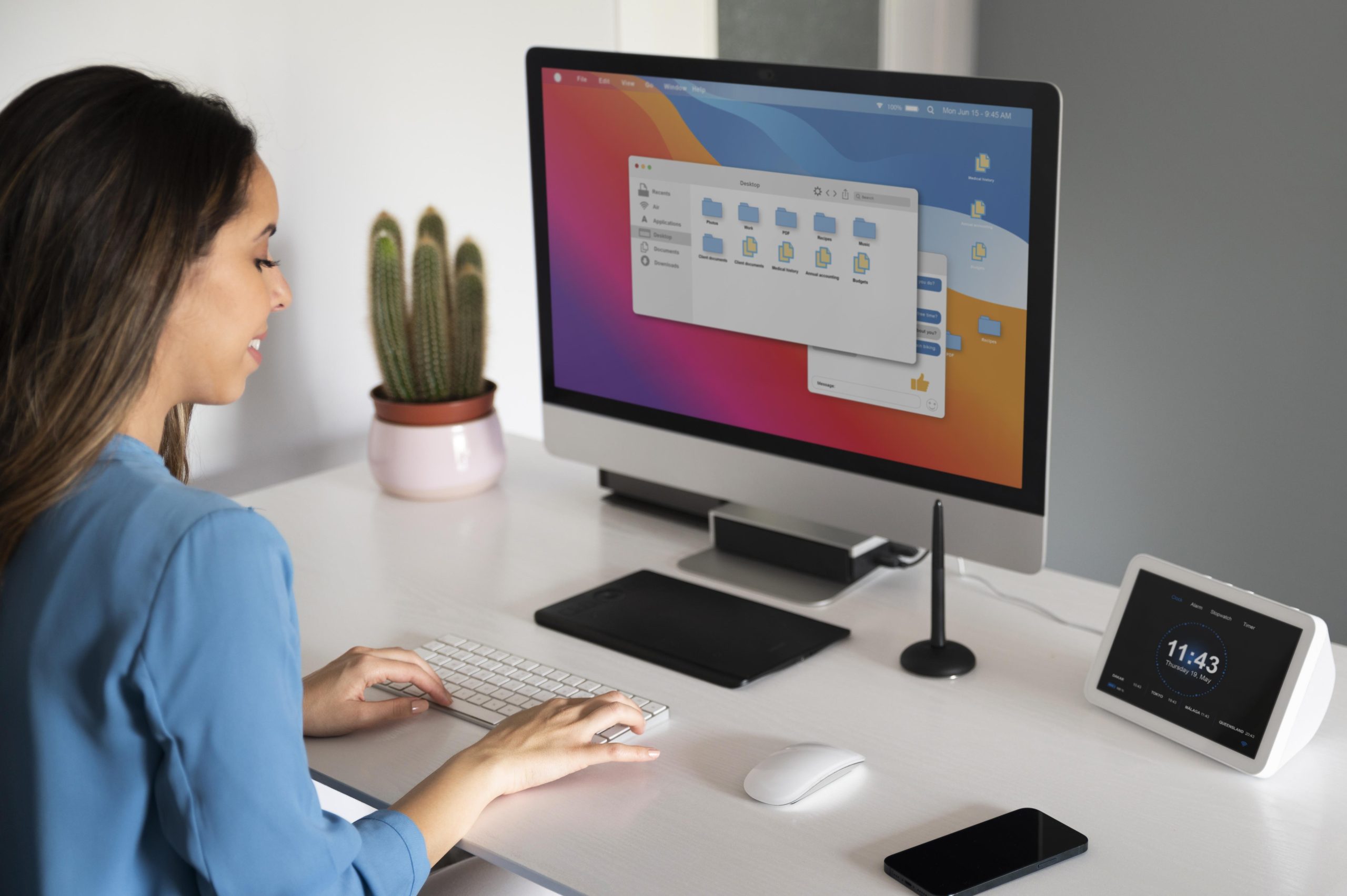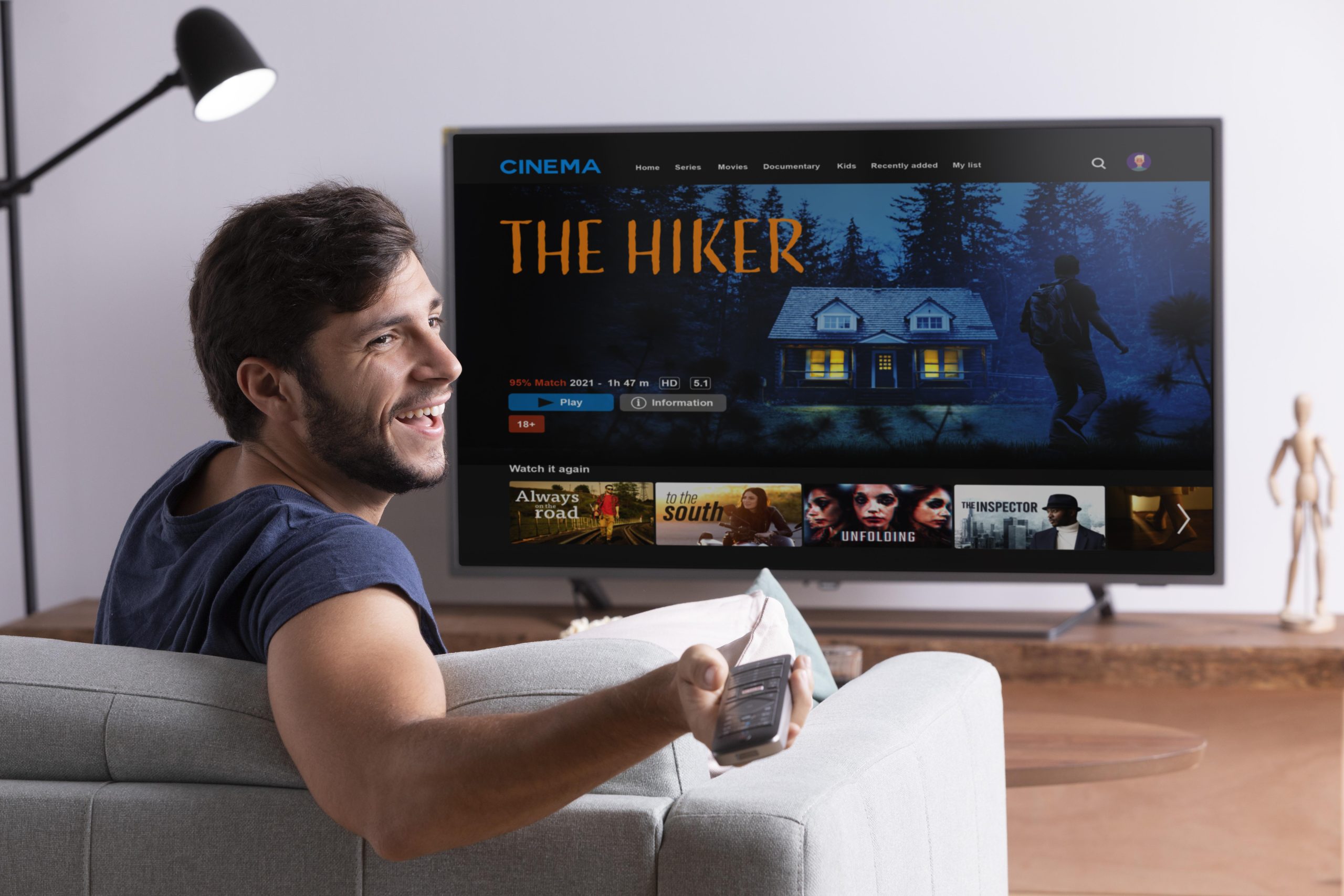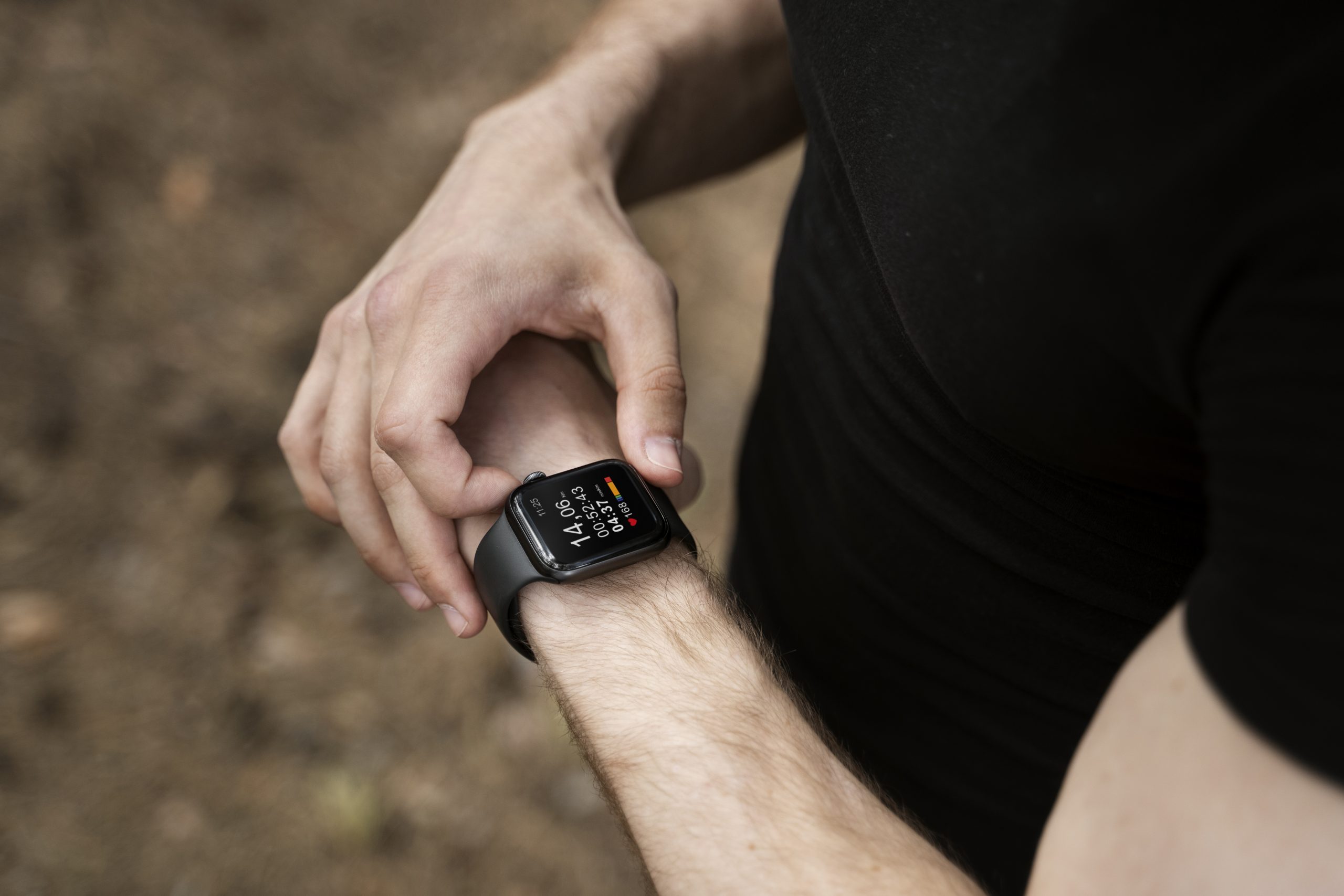
The summer is in full swing which means millions of travelers will be taking to the skies for their respective family vacations. Before their travels begin, the Transportation Security Administration’s recent phone charger warning received an upgrade.
The TSA’s recent phone charger warning for airline passengers was subject to even more urgency amid the busy summer travel schedule as travelers look to keep their phones and electronics juiced up.
The security agency warned airport travelers to “bring your TSA-compliant power brick or battery pack and plug in there,” rather than use public charging points. “When you’re at an airport, do not plug your phone directly into a USB port.”
The new looming threat relates to juice jacking, a technique where hackers can install spyware and gain access to a phone when it’s plugged into a public charging point to “juice” up the phone’s battery.
“Public USB ports should never be treated as safe,” warns NordVPN‘s Adrianus Warmenhoven (via ZDNet) after a new report emerged into a new threat of choice jacking, which gets its name from the former biggest threat of juice jacking. The new technique is able to bypass the protections in a smartphone to trick it into accepting a data cable connection.
Warmenhoven, via Forbes, describes choice jacking as “a dangerous evolution in public charging threats. With a single deceptive prompt, attackers can trick people into enabling data transfer, potentially exposing personal files and other sensitive data.”
As cybersecurity experts warn against using public USB ports for charging, Android Authority explained the different risk for Android and iPhone users.
Attacks on Android phones “exploit permissions for peripherals,” the website explains, using Android’s Open Accessory Protocol for accessories such as “mice or keyboards. Attackers can then begin hijacking system input through ADB (or Android Debug Bridge), which can simulate user input and change the USB mode to allow data transfer. The attack then proceeds with a series of commands aimed at gaining complete control of the device and gaining key access for further control.”
Apple’s iOS differs slightly and gives its user a bit more protection than its Android counterpart.
“A rigged USB cable or charger can be used to trigger a connection event for a Bluetooth device,” the article states. “Although it may appear as a regular Bluetooth-based audio accessory to your iPhone, it could act as the machinery to secretly allow data transfer and gain access to specific files and photos. However, it cannot access the entire iOS system as it can on Android.”
Source: By Andrew McCarty mensjournal.com






